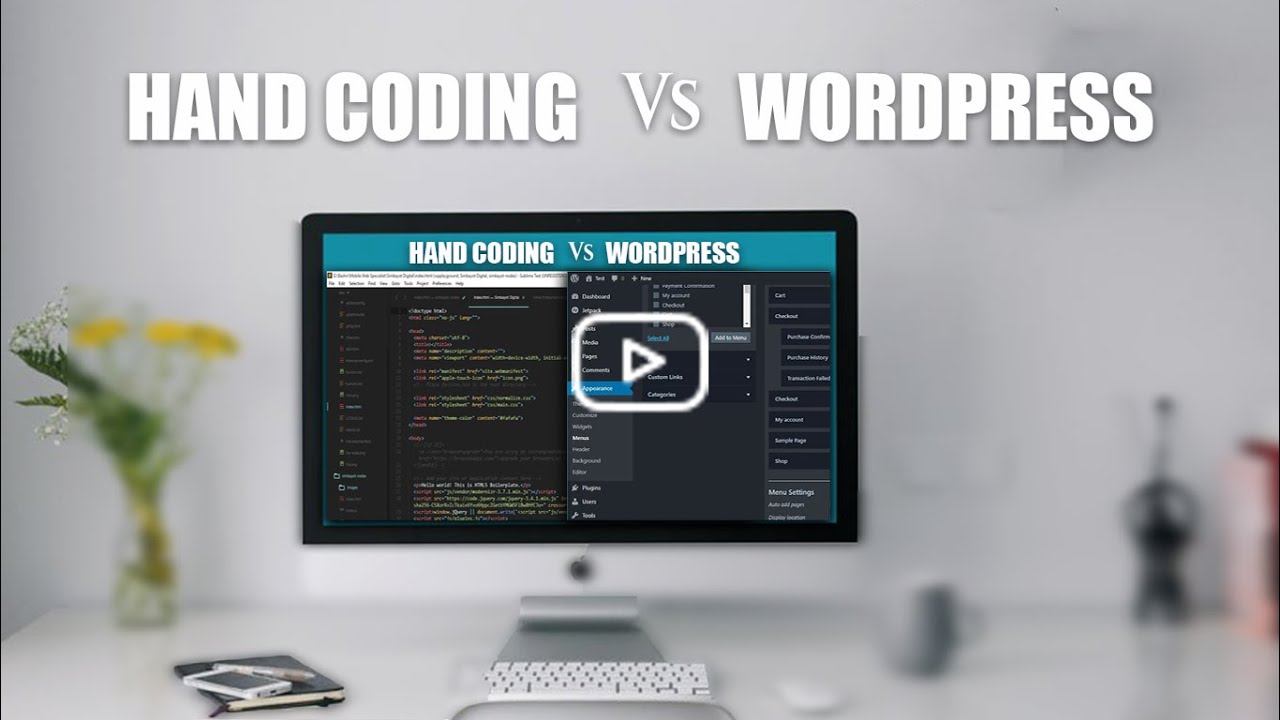
Choosing the Right Website Vendor for Your Business
Having a strong online presence is crucial for businesses of all sizes. A well-designed and functional website serves as the digital storefront for your company, allowing potential customers to find you, learn about your products or services and engage with your brand. However, building and maintaining a professional website can be a complex and time-consuming task, often requiring expertise in areas such as design, development and digital marketing.
This is where website vendors come into play. A website vendor is a company or individual that specializes in creating and managing websites for clients. By partnering with the right website vendor, businesses can leverage their expertise and resources to establish a compelling online presence that effectively represents their brand and meets their specific needs.
When choosing a website vendor, it's essential to consider several factors to ensure a successful partnership and a website that delivers the desired results. Here's what you need to know about selecting the best website vendor for your business:
Expertise and Experience: Look for a website vendor with a proven track record of delivering high-quality websites for businesses in your industry or similar fields. Their experience and expertise will ensure that they understand the unique challenges and requirements of your business, enabling them to create a website tailored to your specific needs.
Portfolio and Client Testimonials: Review the vendor's portfolio to assess the quality of their work and ensure that their design style aligns with your brand and preferences. Additionally, read client testimonials to gain insights into their level of customer service, communication and project management skills.
Technology and Platform: Evaluate the website vendor's proficiency in the latest web technologies, platforms and tools. This will ensure that your website is built using modern, secure and scalable solutions, enabling it to adapt to future technological advancements and changing business requirements.
Search Engine Optimization (SEO): A well-designed website is only effective if it can be found by your target audience. Look for a website vendor with expertise in SEO best practices, ensuring that your website is optimized for search engines and can rank well in relevant search results.
Ongoing Support and Maintenance: Building a website is just the first step. Inquire about the vendor's plans for ongoing support, updates and maintenance. A reliable vendor should offer comprehensive support services to ensure that your website remains up-to-date, secure and functioning optimally.
Communication and Project Management: Effective communication and project management are essential for a successful website development project. Look for a vendor that demonstrates strong communication skills and has a well-defined project management process to ensure that your project stays on track and within budget.
Pricing and Contract Terms: Carefully review the vendor's pricing structure and contract terms to ensure transparency and fairness. Consider not only the initial development costs but also any ongoing maintenance fees or additional charges for future updates or enhancements.
By carefully evaluating these factors and conducting thorough research, you can increase your chances of finding the right website vendor for your business. A reliable and experienced vendor can be a valuable partner, helping you establish a strong online presence, attract more customers and ultimately drive business growth.


